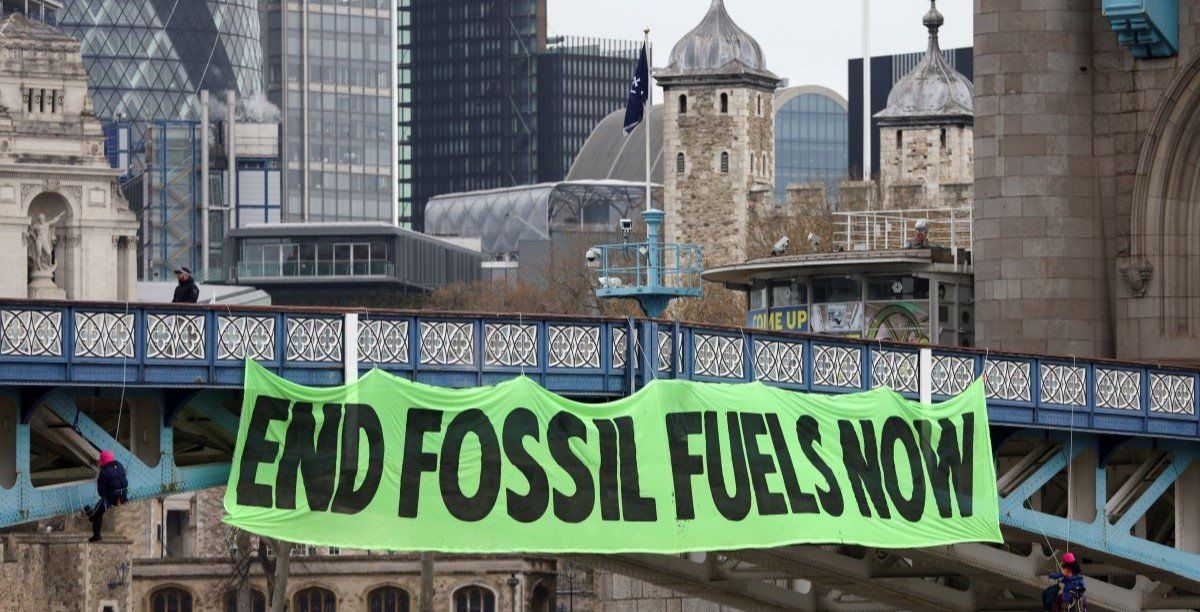2.2: As the world gets hotter from climate change, we are using more energy to cool ourselves down, which is making climate change worse. According to the IEA, record-high temps in 2024 were responsible for half of the rise in emissions from energy – as severe heat waves caused air conditioning usage to surge, fueling electricity demand, and in turn raising emissions. This contributed to a 2.2% increase in global energy demand, up from 1.8% the year before. As a result, greenhouse gas emissions from energy consumption grew by 0.8% over the past year.
25: Donald Trump on Monday announced a 25% tariff on all imports from countries that buy Venezuelan oil or gas, starting April 2, alongside new tariffs on Venezuela itself. Venezuela will face a “secondary” tariff because it is the home to the Tren de Aragua gang, which Trump said is sending members to the US.
40: India has lifted its restrictions on rice exports, a move that should help curb food price inflation and increase agricultural workers’ salaries amid an economic slowdown in the country. Initially imposed after Russia’s 2022 invasion of Ukraine to prevent domestic shortages, the curbs drove up prices worldwide. As the largest rice exporter – accounting for over 40% of global rice exports – India’s decision should benefit poorer nations, especially in Africa, where rising food costs have fueled unrest. However, it will come at a cost for other rice-producing countries like Thailand and Pakistan, which worry that India will flood the market and prices will plummet.
93: US egg imports from Brazil surged 93% in February as a part of the Trump administration’s $1 billion plan to lower egg prices, which includes upping imports, helping farmers prevent the spread of the virus, and researching vaccine options. The eggs will end up in processed foods, freeing up more fresh eggs for grocery shelves. The US Food and Drug Administration is also reviewing a petition from the National Chicken Council to allow for the sale of eggs laid by chickens raised for meat – something it has previously forbidden because of salmonella risks.
200,000: Speaking of eggs, the Trump administration is seeking corporate sponsors for the White House Easter Egg Roll, a departure from tradition. Sponsorship packages range from $75,000 to $200,000, offering perks like logo placement, media engagement, and exclusive tickets. But there will still be a number of free tickets available.
